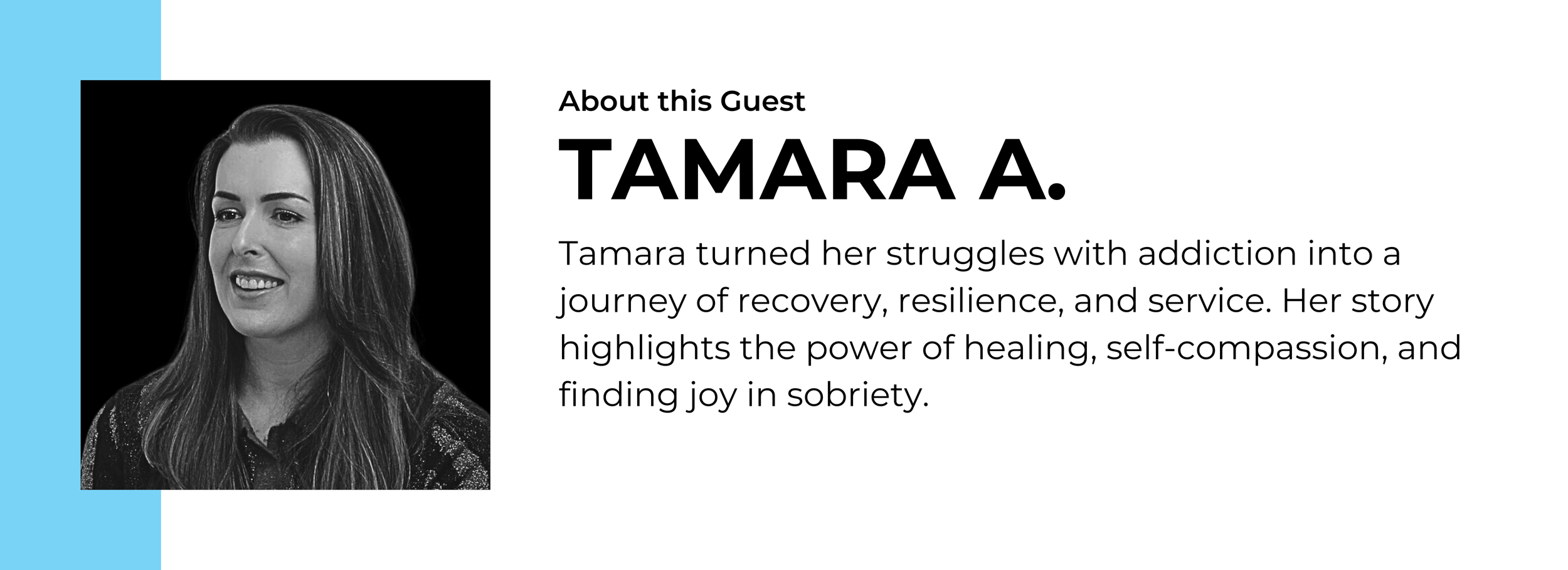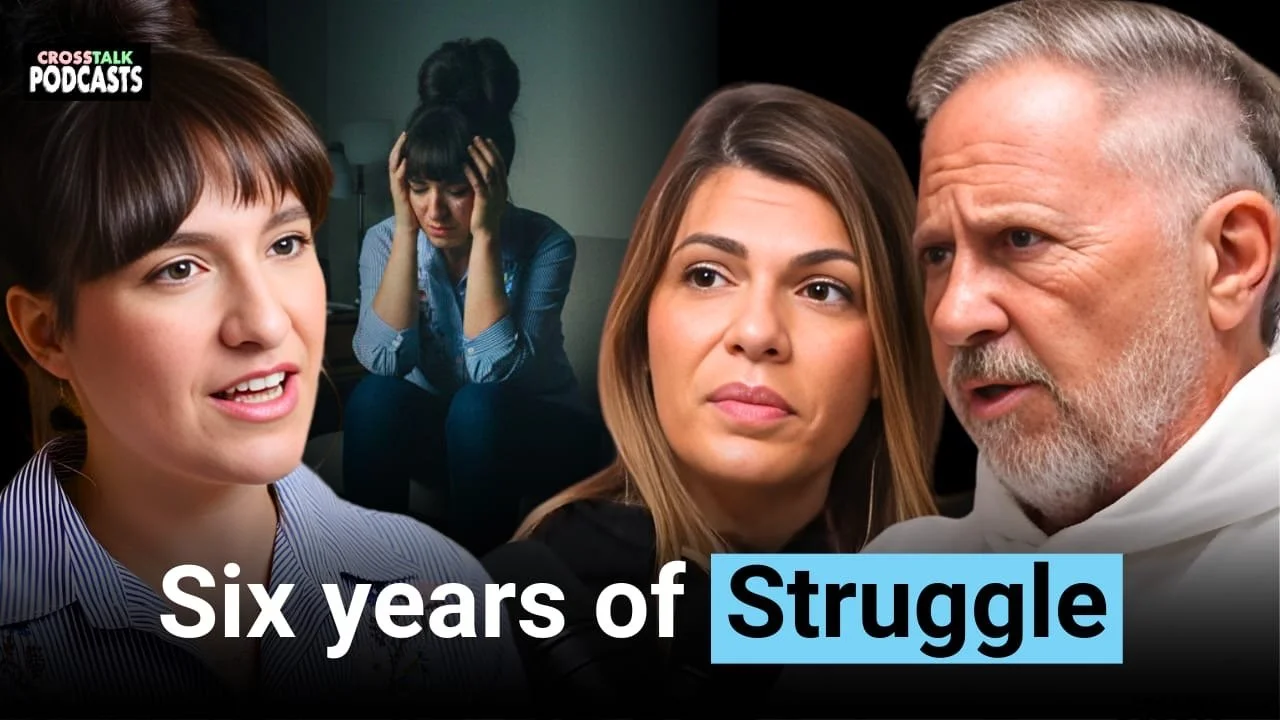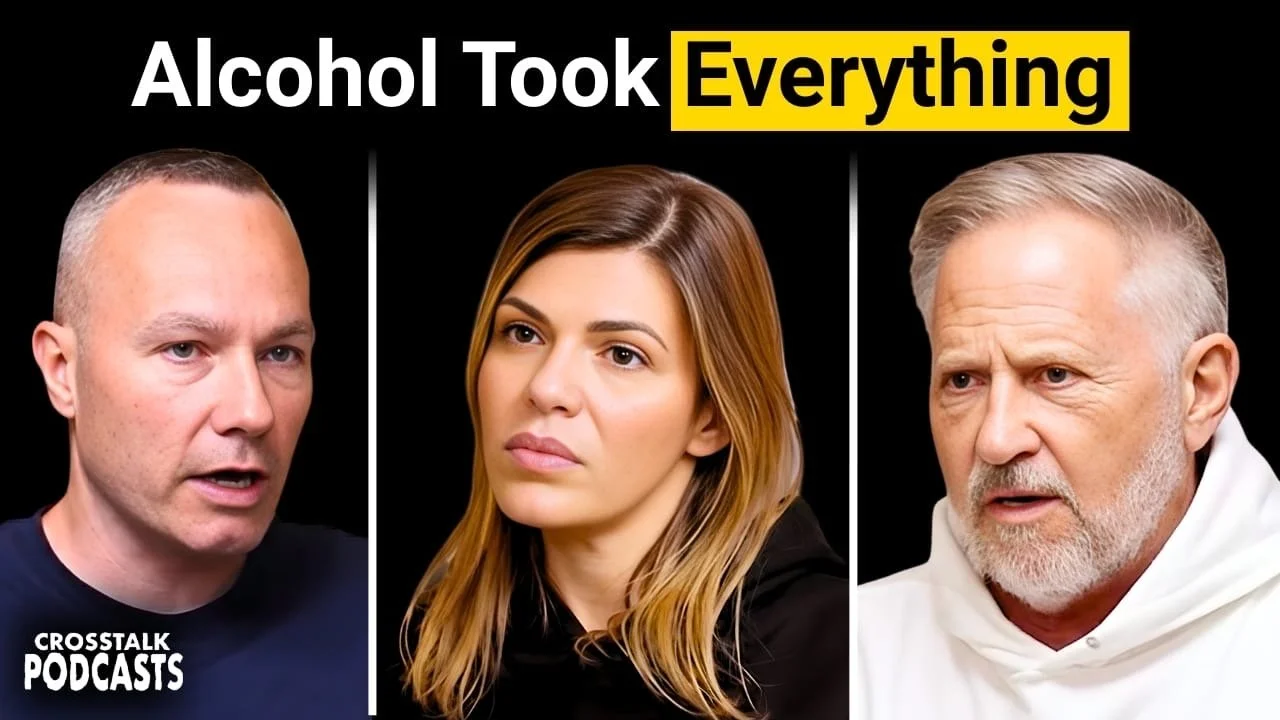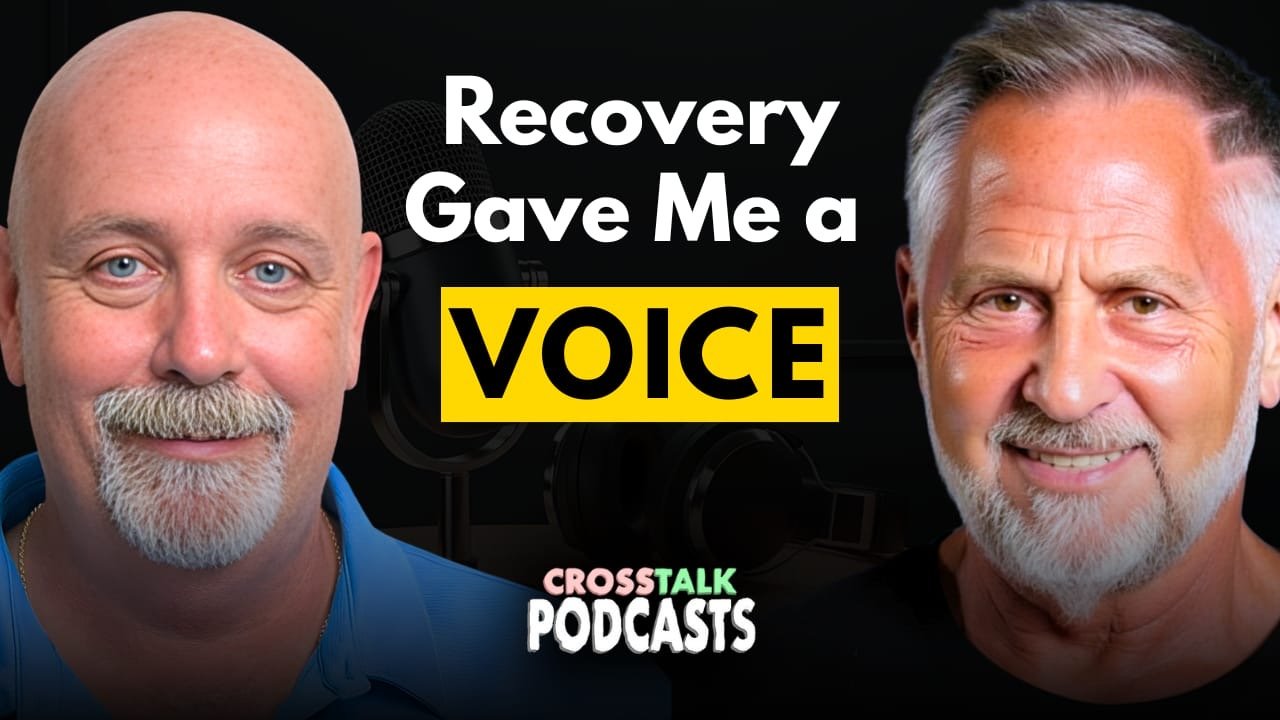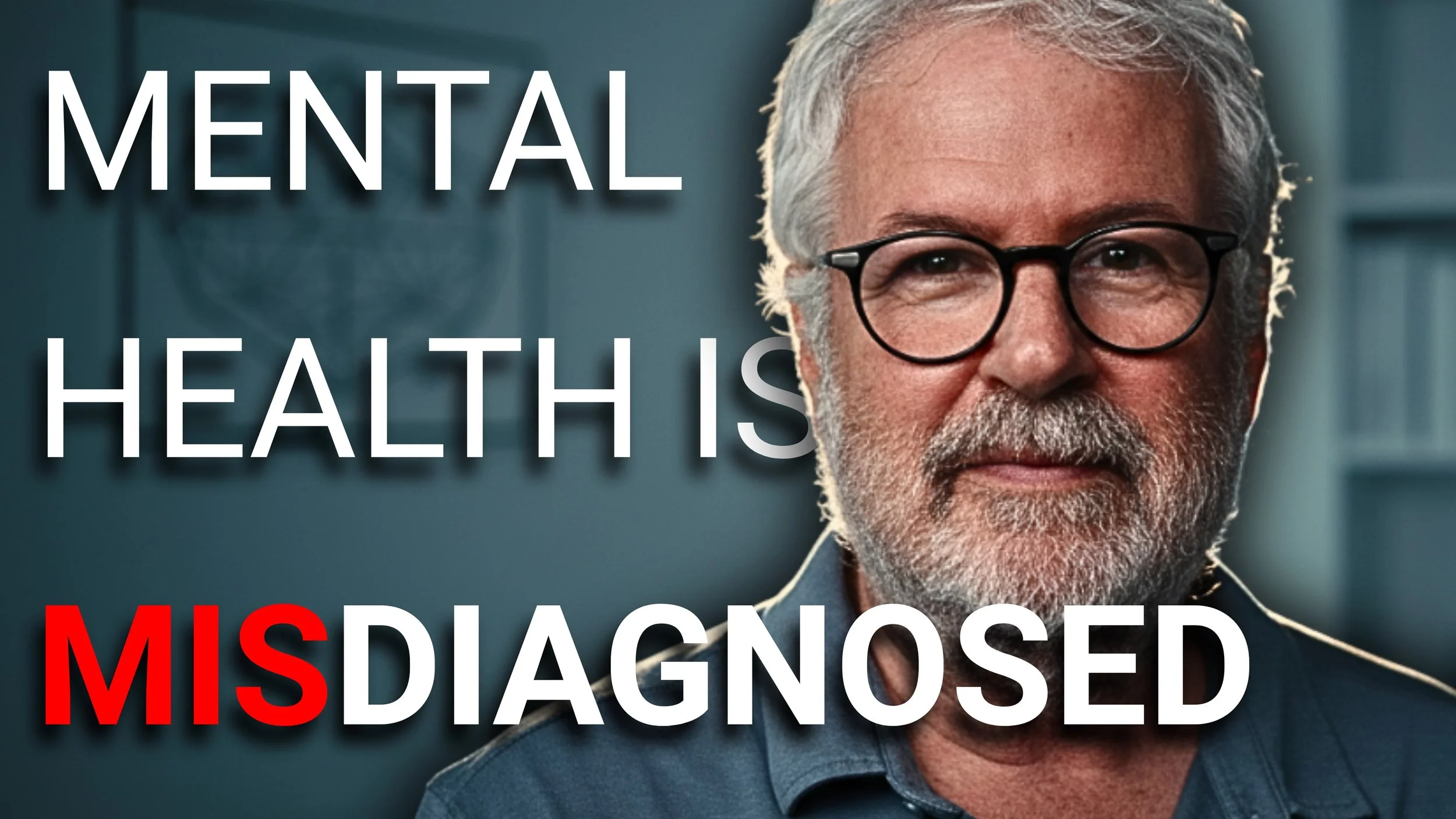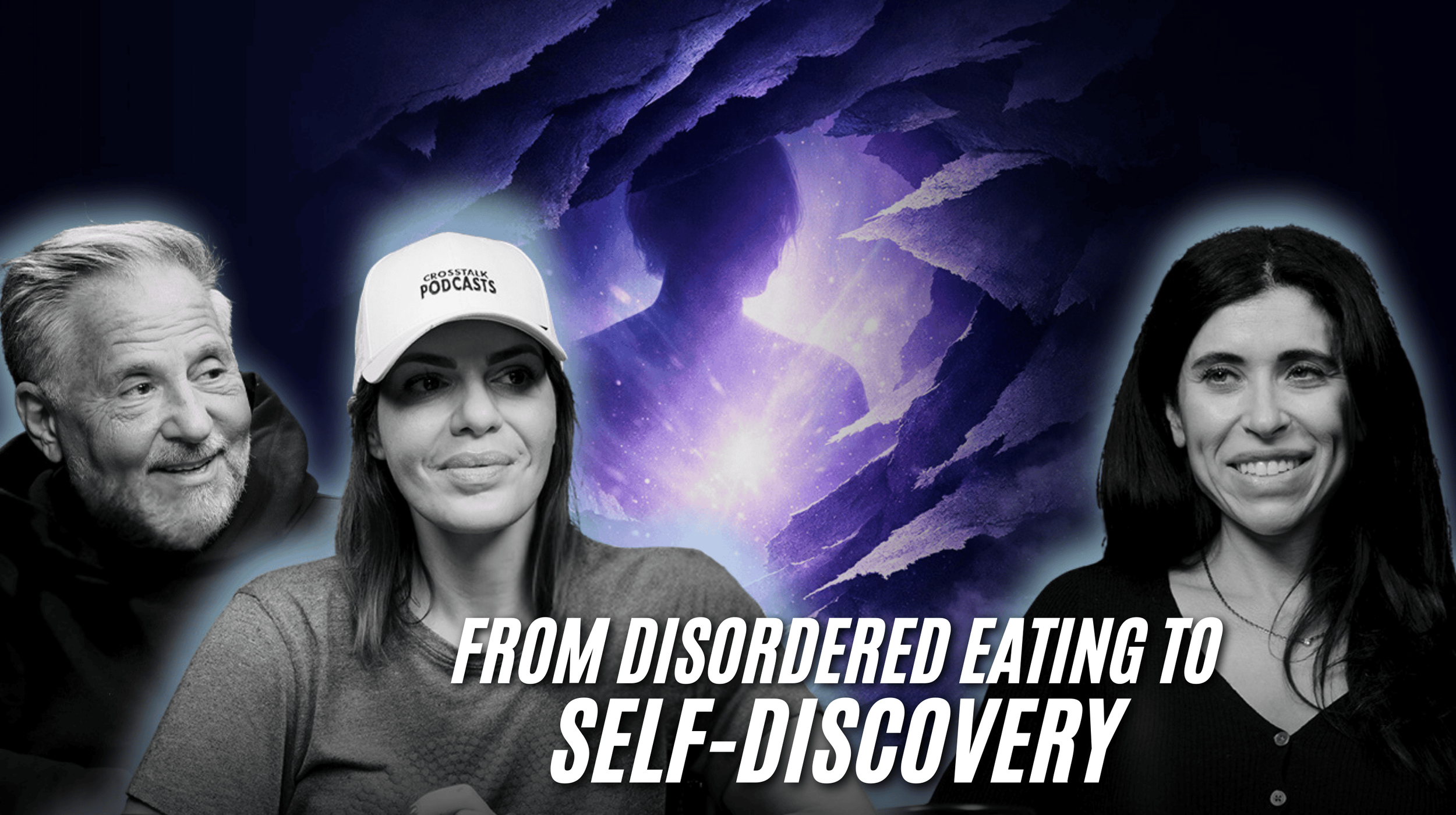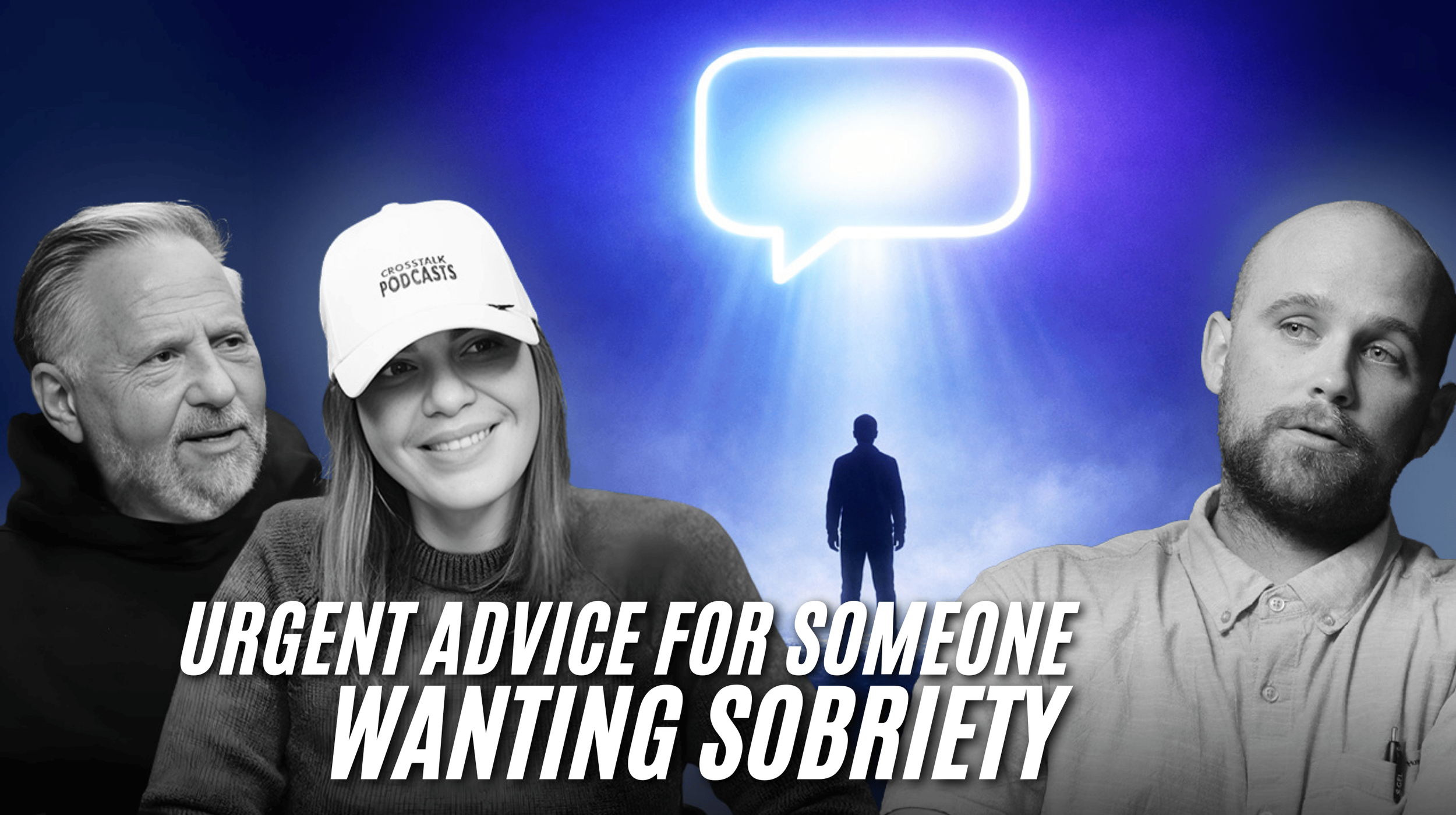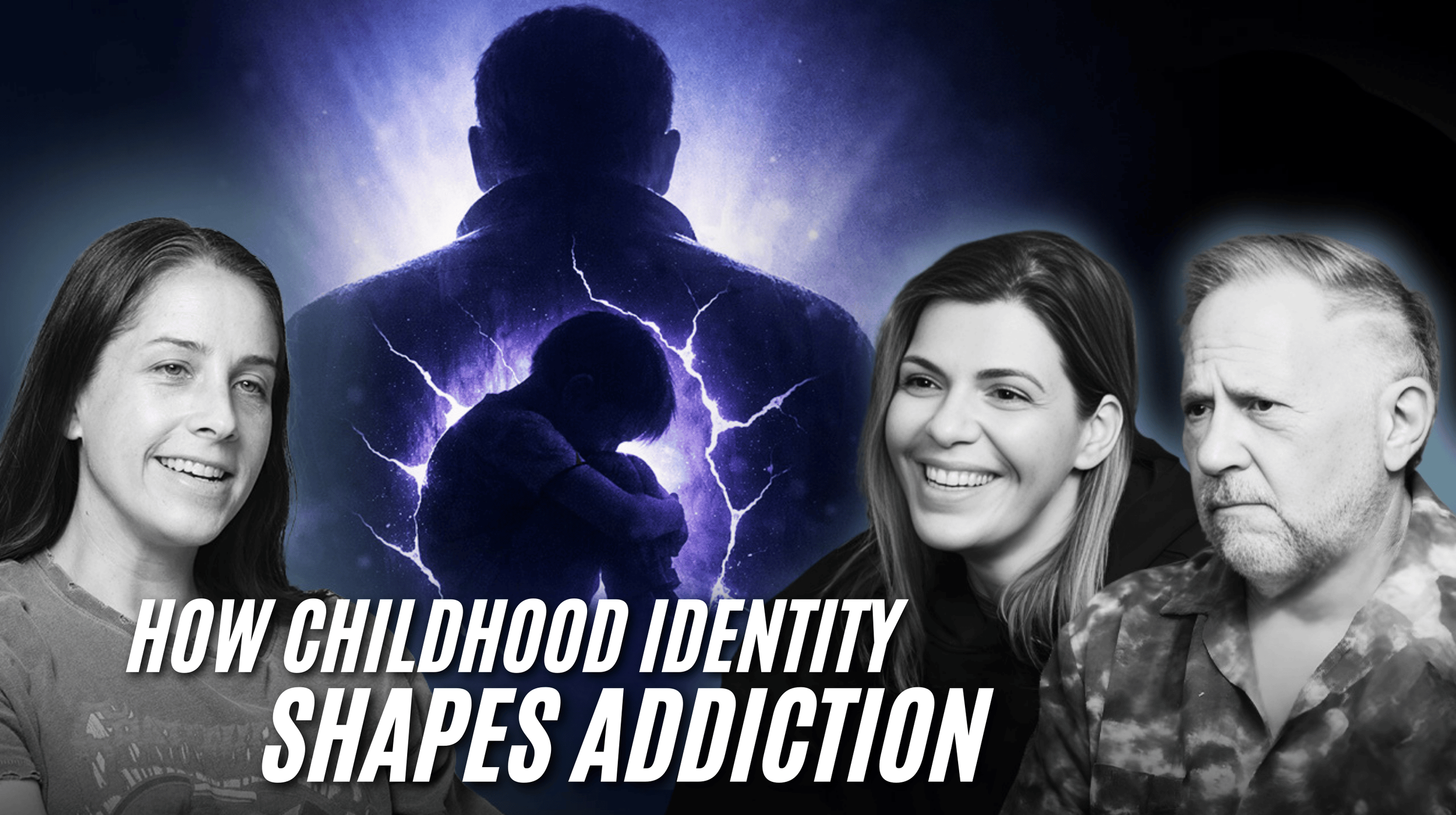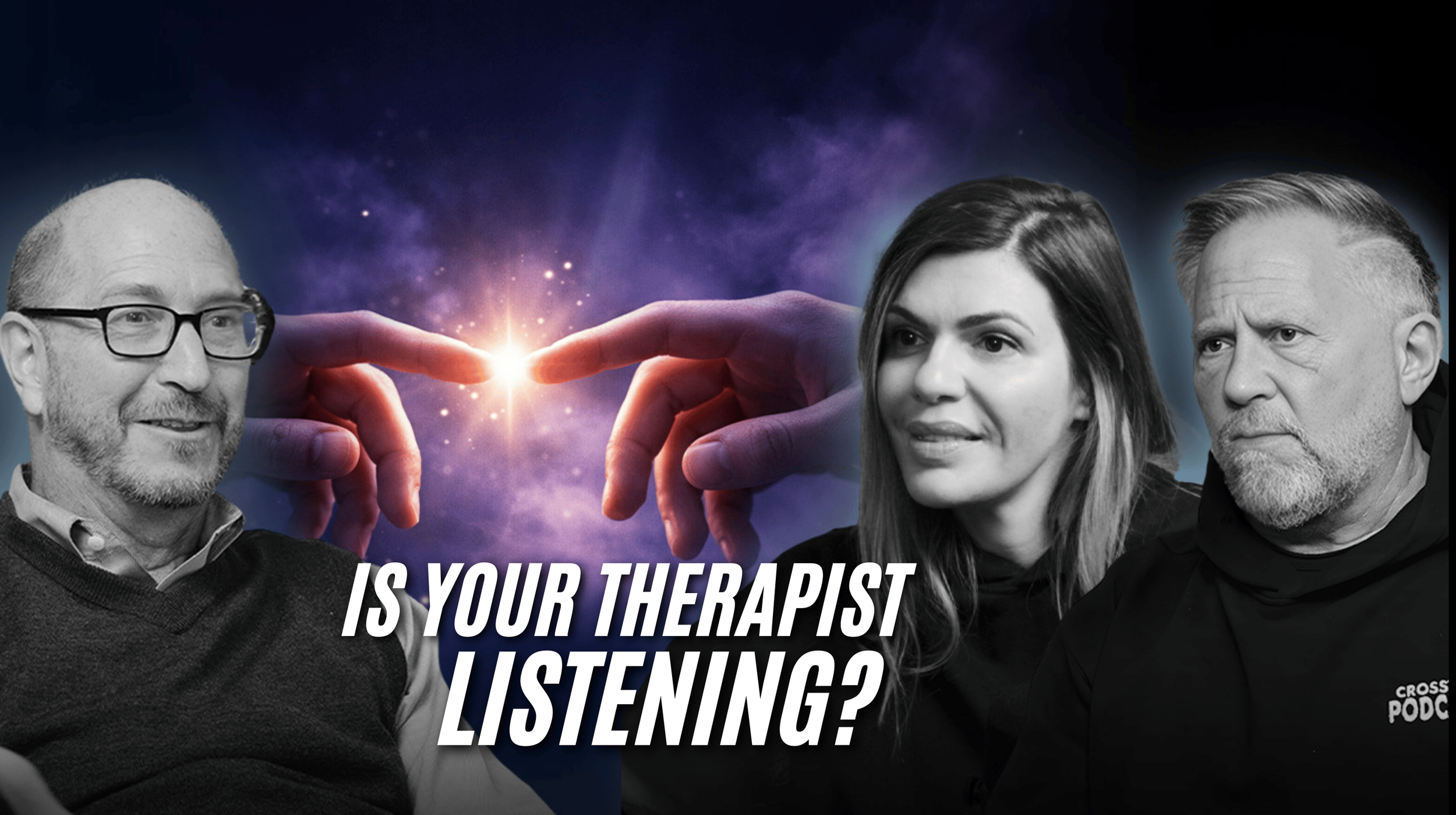How to Take Responsibility of Your Addiction | Tamara E.
Listen or watch on your favorite platforms
Meet Tamara, a veteran and mental health counselor whose life has been a powerful testament to the resilience of the human spirit. From a childhood shaped by addiction in her family to her own battles with substance abuse, Tamara’s journey is filled with profound lessons on grief, loss, and the strength it takes to start over.
In this episode, Tamara shares how addiction affected her early life, from growing up in a home shadowed by substance abuse to losing both her father and stepfather to the disease. Despite her academic success and military aspirations, addiction led to devastating consequences, including career setbacks and shattered relationships.
But Tamara's story is one of hope and transformation. With the help of therapy, community, and her unrelenting determination, she found recovery, rebuilt her life, and now works to help others navigate their own paths to healing. Today, she is a homeowner, a loving caregiver, and a mental health professional who continues to give back through service.
Tune in to hear Tamara’s raw and inspiring story of hitting rock bottom and rising again. Whether you’re in recovery, supporting someone who is, or seeking hope, this episode will leave you with practical insights, encouragement, and a reminder that no matter how far you’ve fallen, change is possible.
Growing Up in a Complicated Home
Tamara’s childhood was shaped by a legacy of addiction and resilience in South Florida. Growing up in Pompano with divorced parents, she experienced a dual reality: a nurturing yet challenging household. Her mother, a single parent and a hairdresser, provided stability, while her father’s battle with alcoholism left indelible marks. Tamara recalls seeking approval from authority figures, including her father, who showed his love through affirmations despite his struggles.
The First Drink and the Escape It Brought
Tamara’s first experience with substances came in her teens when family dynamics and personal challenges converged. Ecstasy and other substances became an escape, offering temporary euphoria but planting seeds of dependency. Her uncle’s involvement in South Florida’s pill mill crisis introduced her to pain pills, creating a pathway she later identified as inevitable given her circumstances and genetic predisposition.
The Grip of Addiction
Tamara’s addiction intensified during her college years, leading to secretive substance use while maintaining the veneer of academic and social success. This double life spiraled during her military service training, where she masked her growing dependency with accomplishments. Her active addiction cost her a promising Air Force commission and strained relationships with those who believed in her potential.
Active Addiction - The Descent
Her lowest point was marked by betrayal, overdose, and hospitalization. A blackout incident highlighted the severity of her addiction. A heartfelt letter written during detox captured her despair: “I don’t think I’ll ever beat this. I’m so sorry.” This rock bottom moment was both painful and transformative, leading her to accept help.
The Path to Recovery
Tamara’s recovery began with honesty, spiritual awakening, and structured treatment. Supported by the VA, she embraced therapy, 12-step principles, and a community of recovery. She credits getting brutally honest with her feelings and actions as the turning point that allowed her to rebuild trust and relationships.
Life today
Today, Tamara thrives as a mental health counselor, home and business owner, and advocate for recovery. She has turned her pain into purpose, helping others navigate addiction and grief. Her life is filled with service, joy, and gratitude, showing how recovery can transform not only oneself but also the lives of others.
FAQs
What are the signs someone might be struggling with addiction?
Sudden behavioral changes, secrecy, neglecting responsibilities, and withdrawal from loved ones.
How do genetics influence addiction?
Genetics can predispose individuals to addiction, though environmental factors also play a role.
Can people recover from addiction without 12-step programs?
Yes, alternative approaches like therapy, SMART Recovery, or community building can be effective.
What’s the first step to recovery?
Acknowledging the problem and seeking professional or community support.
How does shame affect recovery?
Shame often perpetuates addiction cycles, but healing focuses on accountability and self-compassion.
Related episodes
ABOUT CROSSTALK
CROSSTALK reveals real stories of everyday people and notable figures, sharing their journeys from struggles to life-changing 'aha' moments with all kinds .


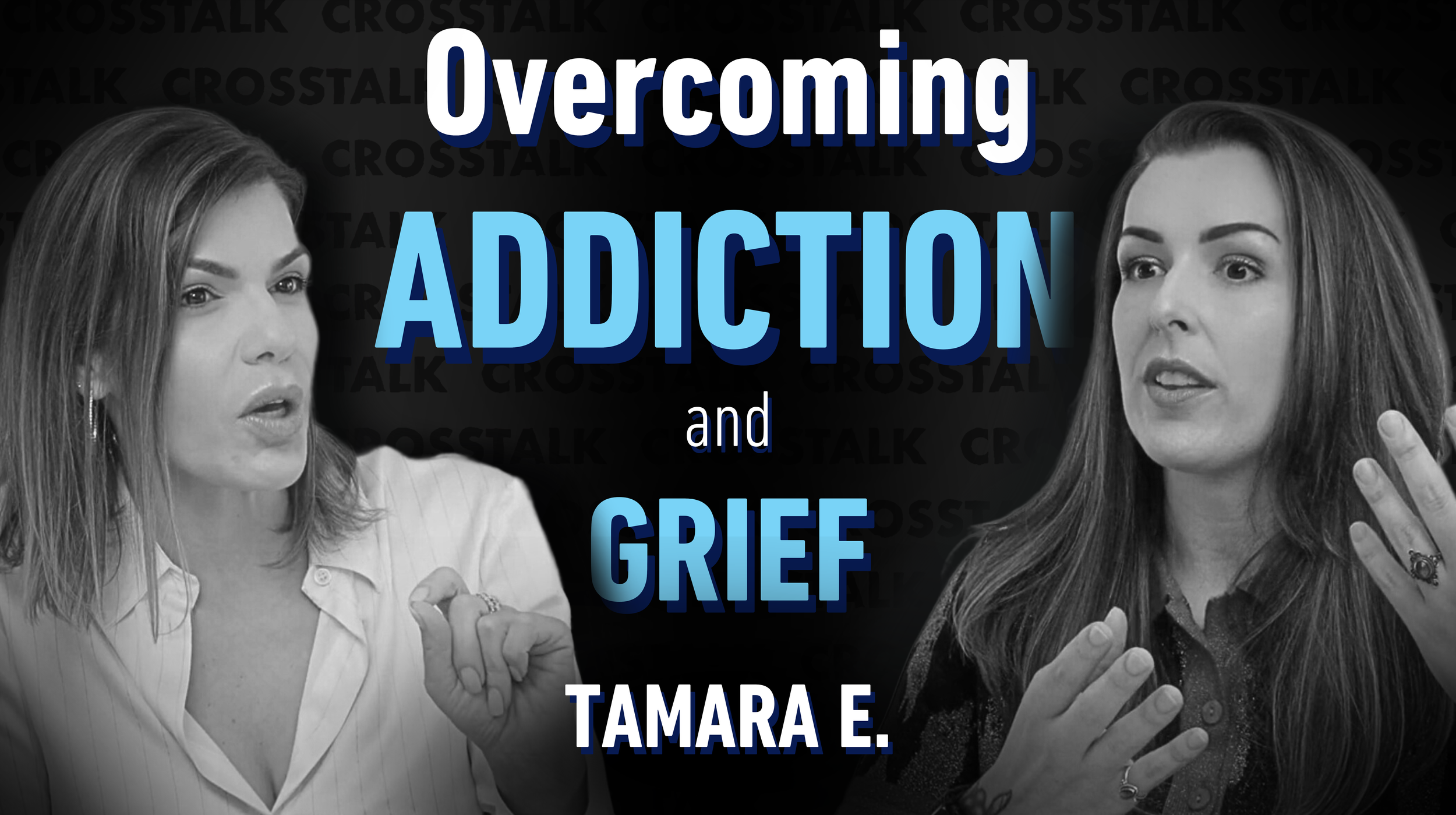
 Spotify
Spotify
